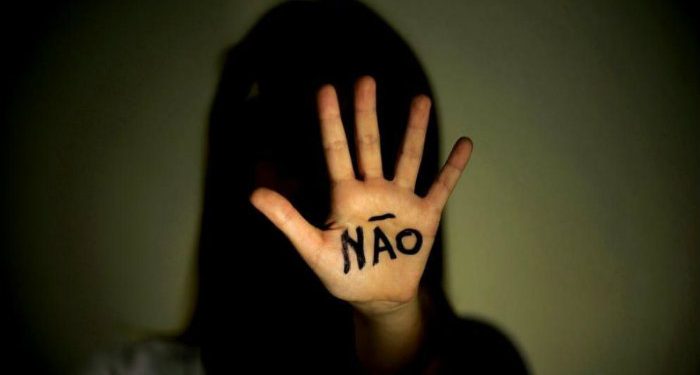NEWS CENTER – The National Day to Confront the Abuse and Sexual Exploitation of Children and Adolescents is May 18. Brazil occupies the second place in the world ranking, second only to Thailand. There are 500 thousand victims annually. That is, every 24 hours, 320 children and adolescents are sexually abused and exploited, according to data from the Libertas Institute.
But the reality is even worse: only seven out of every 100 cases are reported. When we think about where and by whom these crimes are committed, we are faced with the terrifying realization that about 80% are committed within the domestic environment by relatives and people close to the victims.
The fact is that we live in a society that does not recognize, care for, and protect the most vulnerable. With the pandemic, the cases of abuse and exploitation have grown, precisely because the majority of these children are at social and economic risk. According to data from Dial 100, in the first half of 2021 alone, compared to the same period in 2020, there were 5,106 abuses reported against 3,342. Of those, 83.87% were girls, 57.73% were black, with an age range between 8 and 14 years, about 70%.
“It was scary to come home and see that my mother had moved the bed. I knew that on those nights I wouldn’t sleep, because he would come to fondle me,” reports Maria (fictitious name). Now an adult, she spent part of her adolescence being sexually abused by her cousin.
Between the years 2019 and 2020, more than 3,650 vulnerable points were mapped on federal highways, of which 60% are in urban areas and almost half are at gas stations. BR-116, known for being the largest federal highway in the country, has the highest number of points.
When we talk about social responsibility for such atrocities, it is precisely because, within a bankrupt and violent society that encourages pornography and sexual exploitation, it should not only be up to the family to protect and care for children. We must instruct them about their own protection, in addition to collective vigilance and accountability.
It is also up to the school to play this role, the same school that is being attacked by the Bolsonaro government and that is trying to impose a homeschooling project. What would become of these children if they didn’t have an attentive and pedagogical look that not only guides but also helps in the denunciations? What would become of the ten children from Campo Limpo de Goiás, who, after a talk in their school, recognized themselves as victims of such abuses and managed to denounce them?




